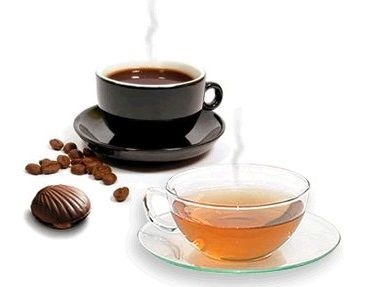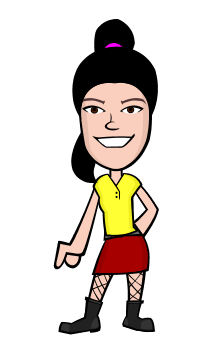
In this world, tea is considered the best consumed beverage after water. In recent years, tea is becoming very popular. Everyone would love to have tea in every season, especially in the winter season. However, many people do not know that tea has certain disadvantages. This post was written for those who want to know about the advantages and disadvantages of drinking tea. First, we will discuss the main benefits of drinking tea.
Advantages and disadvantages of drinking tea
Advantages and disadvantages of drinking tea
1) The most important advantage of drinking tea is tea which has less amount of caffeine compared to coffee. This is considered to be very important advantage that people drink tea.
2) The second advantage is that drinking tea is useful for reducing stress and has several health benefits. The reason is that tea has a very calming effect and helps reduce feelings of stress. Moreover, tea is very useful to combat various diseases like heart disease, cancer, etc.
3) Finally, tea has more antioxidants that can cleanse the body from unwanted substances.
Furthermore, tea has certain disadvantages. Many people do not know they like coffee, tea also has disadvantages. The main disadvantages of coffee are as follows:
1) The most important disadvantage is that too much to drink tea drink brings the risk of gastric ulcers. People should remember that tea has less caffeine than coffee.
2) Another disadvantage of drinking tea is that tea contains tannic acid. If the person drink tea is the maximum amount then he may experience the problem of iron deficiency and anemia. It is advisable that a person should consume tea almost an hour after eating food.
3) Finally, if you eat too much tea then he may experience different diseases such as kidney disease and liver disease.
So these are considered as advantages and disadvantages of drinking tea important. It is recommended that if a person wants to drink tea in an amount greater than he should consult a doctor.



